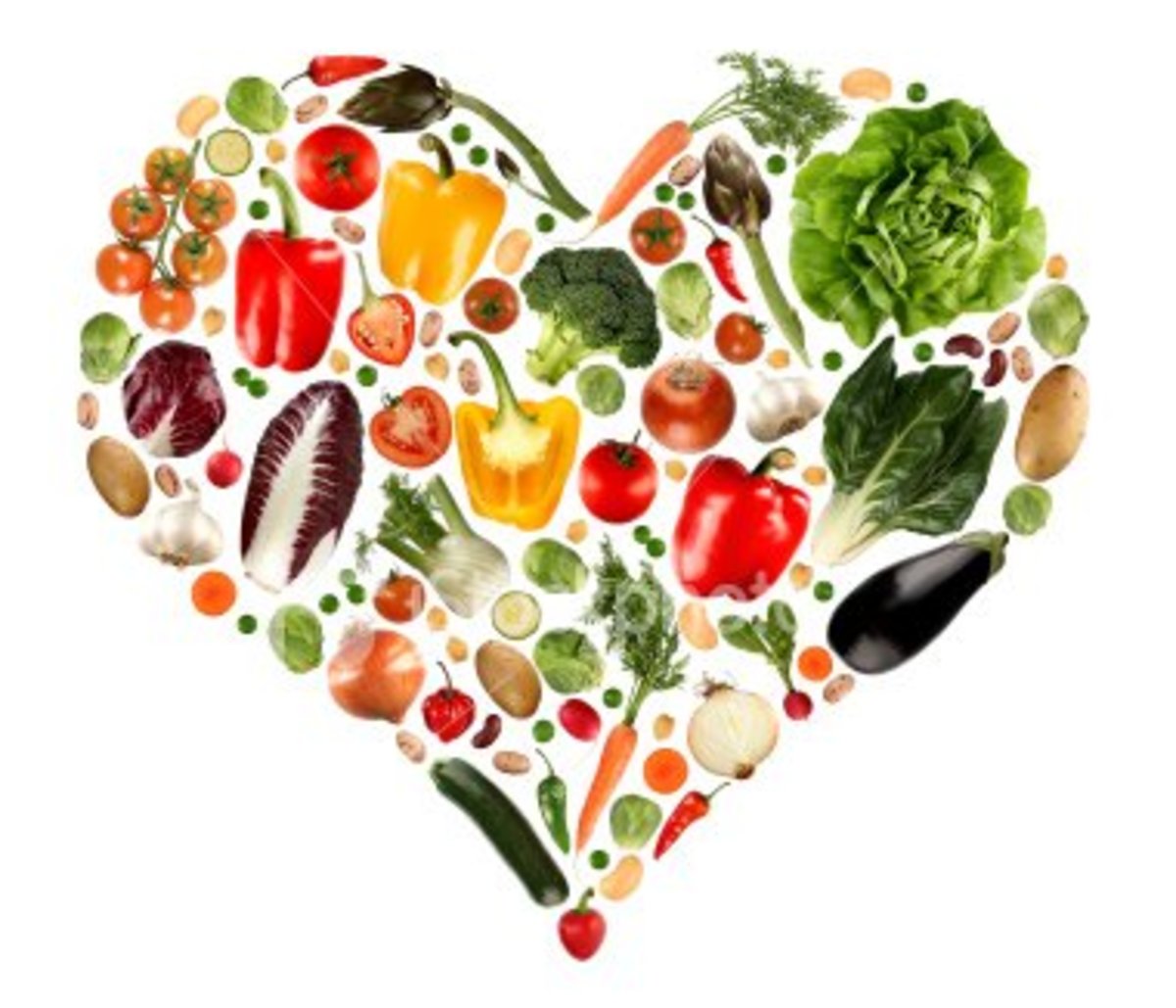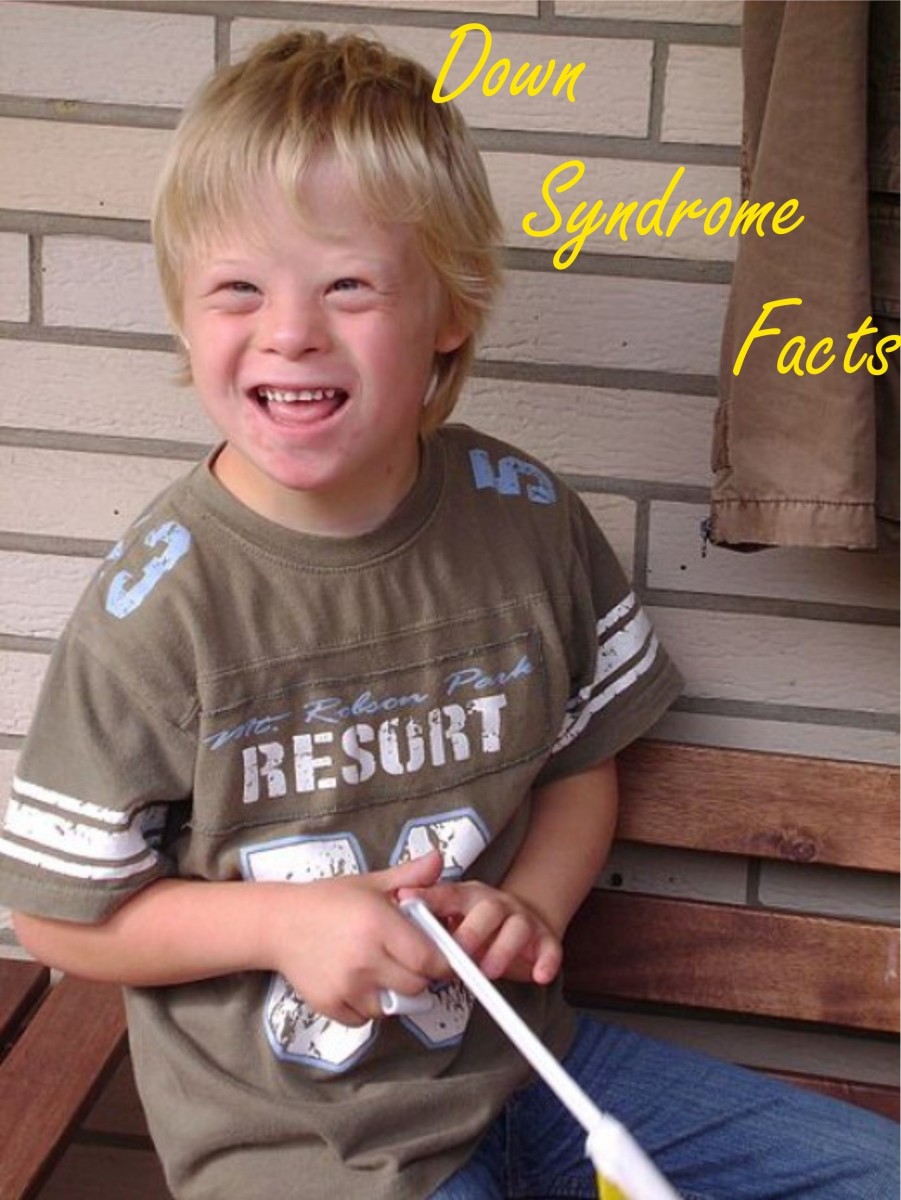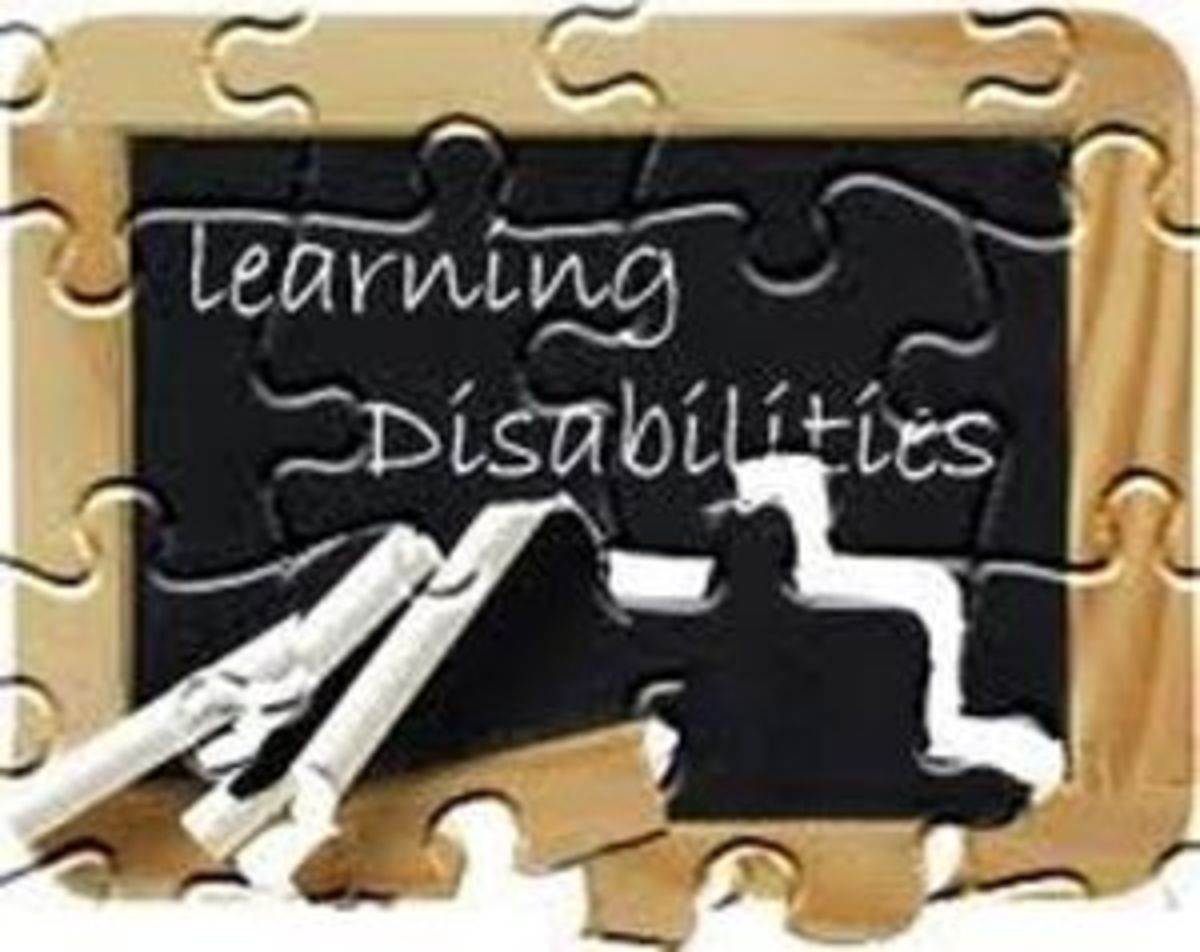Anorexia in Teens: When Food Becomes Fear
Famous Faces of Anorexia

A Monster You Cannot Fight Alone
Eating disorders cannot and must not be ignored for any length of time. Time is of the essence in capturing the deadly monster growing inside your child's mind, feeding on her emotions, feelings, actions and body. It takes over faster than you think and leads to irreparable damage and life-long battles, if left untreated.
Steps to take at the first signs of any eating disorder:
- Consult your child's primary care doctor
- Ask for resources available locally for treatment
- Get in touch with psychological counselors immediately
- Ask how you can help your child and seek counseling for yourself, if you are frightened.
- Above all, know that the battle is tough and the monster is ruthless; expect the need to be patient and throw yourself full gear into fighting it, and even be prepared for fierce resistance from your child.
Health-Conscious to Pernicious - The Dividing Line
Obesity is finally being addressed in the United States and for good reasons. It is estimated that more than one-third of Americans are obese. Affecting people of nearly all races living in the country, it accounts for a significant portion of total healthcare costs and its effects spiral into many areas of people's lives. With a view to creating awareness, health and nutrition education is expanding into schools, early childhood education centers, doctors' offices, community centers, workplaces. All this is good and long overdue. But what happens when this growing awareness of the detrimental effect of obesity turns into an obsession with healthy eating?
Orthorexia - Obsession with Healthy Eating
Whether or not obsession with health is a contributing factor in eating disorders, trends and some studies do seem to suggest the possibility of a significant link. It is easy to see why. When consumption of certain types of food becomes a preoccupation that consumes your daily life and every meal, it crosses the boundaries of health awareness into the realm of health obsession. While orthorexia is a relatively new term for obsessive eating of only "healthy", pure, clean and uncontaminated food out of fear of developing disease or harming your body, it can lead to the same disordered eating found in the more image and perfection-driven form of anorexia - severely restricted eating patterns and nutritional deprivation that causes emaciation and toxic consequences to the mind and body.
"Sara's" Story - Crossing the Dividing Line
Sara is a diligent and hard-working, perfection-oriented high-school sophomore. She structures herself and her work environment in a way that reflects her self-discipline and determination to achieve academic goals she wants to attain. Pressures are high and she is fully aware of them. She is aiming for admission to top universities. Striving continually to keep up with those goals, Sara becomes obsessive about a strictly regimented schedule she creates and anything deviating from her established norm becomes a source of great stress. She finds any digressions extremely distressing and her behavior begins to show significant changes to the family members. While her parents try their utmost to accept some of these signs of behavioral change as "normal" reaction to high-school pressures, hoping they will pass, they soon come to the realization that Sara is beginning to show elements of this behavior in her eating habits as well. Not only does she regulate herself and her work/ study schedule, but she is taking that control into how much and what she eats. She also becomes increasingly fitness-conscious and works out several times a day. When questioned by parents, she responds by saying it helps her cope with the stress of her schedule. While her parents laud her discipline and focus, they are also feeling alarmed at her thinner body and regimented eating pattern. She eats a piece of fruit and plain Greek yogurt for breakfast and returns from school and goes straight to her room instead of taking her usual snack-break before starting homework. Her mother asks why Sara doesn't eat her usual big snack after school and receives the reply that she had a huge lunch at school and isn't hungry. At dinnertime, Sara eats her meal with deliberate, almost conscious chewing of each morsel. She chugs a whole 8 oz. glass of water just before the meal - a routine you begin to notice on a regular basis. Progressively selective eating habits begin to reveal how Sara has eliminated or greatly reduced fats such as oil, butter and whole dairy products, carbohydrates such as bread and pasta, all forms of desserts and chocolates from her diet.
Within months, Sara's energy levels decline seriously, she feels nauseous often and is unable to consume food, leading to her body going into starvation mode. Her pulse rate drops to dangerous levels and she becomes very irritable and withdrawn. Her performance at school deteriorates and she shies away from social contact and friends.
None of this is normal for your child. Your gut tells you something has changed. The time to act is RIGHT NOW, if you haven't already done so. Interrogating Sara will lead to few answers; acting on your instinct to seek help is the better thing to do. Before ED (Eating Disorder, as referred to by many therapists), the monster devours your child through extreme weight loss and serious physical and mental consequences, GO and seek the pediatrian's help and advice. Many parents live for too long in the stage of denial and things slide out of control and land your child in hospital settings needing life-saving procedures. Anorexia is the most life-threatening of all psychiatric disorders.
Tortured by Food

Types of Anorexia
The restricting type of anorexia is the kind Sara suffers from. She withholds food and satisfies the pangs of hunger by drinking copious amounts of water, and eating fruit and raw vegetables.
The purging type of anorexia is just as common, in which the teen will induce vomiting right after a meal. If your child is going right to the bathroom after a meal on a regular basis, it is time to check, particularly if you have noticed weight loss occurring. Older teens also find ways to acquire diuretics and laxatives.
Anorexia often strikes young people who strive for perfection, in academics or sports, not just those who aspire to become models or enter the world of show business. Many of them are from affluent and health-conscious families.
Measuring the Loss


Know What You Are Dealing With
Facts you must know:
- 95% of sufferers of eating disorders are between the ages of 12 and 25.
- More than half of all teenage girls and nearly a third of boys in that age group use abnormal means to control weight - restricting, binge-eating followed by purging, cigarette-smoking.
- Risk of death occurring from complications, including heart failure, from severe starvation resulting from an eating disorder is 12 times that of death from other causes for young women in the age group 15 to 24.
- Relapse is common and the risk continues throughout their lives, particularly during times of stress, if treatment is not started early and completed fully.
Gathering Resources
- Maudsley Parents - family-based treatment for eating disorders, anorexia nervosa, and bulimia nervos
Information on family-based treatment (FBT or the Maudsley Approach) for anorexia and bulimia. Hope and help for parents. - Eating disorders: advice for parents - Live Well - NHS Choices
Get advice on how to cope if your child has an eating disorder, including what to expect, how to talk to them and dealing with mealtimes. - Teen eating disorders: Tips to protect your teen - Mayo Clinic
Teen eating disorders — How to talk to your teen about eating disorders and promote a healthy lifestyle for the entire family. - Get Help « « National Association of Anorexia Nervosa and Associated Disorders
Causes of Anorexia
While the common perception is that environment and media appear to influence young people, especially young women to aspire for the unrealistic image of physical attractiveness as depicted in magazines and movies, it is not necessarily the underlying feature in many cases of teen anorexia.
Personality traits are the more likely psychological factor in increasing the vulnerability of certain young people to develop this deadly disorder. Anxiety-prone middle and high-school teenagers with streaks of obsessive-compulsive behavior, and those with highly-disciplined and perfection-oriented character traits are frequently at a higher risk of falling victim to anorexia.
Many cases of anorexia also present with signs of serious depression indicating a possible biological factor such as the levels of serotonin - a brain chemical - that affects behavior.
Regardless of which of these is the cause - one or all of them - the rapid deterioration in the physical and mental state of the sufferer fuses all of them into one ferocious beast that devours the victim. The child you knew becomes a stranger to you, the world, and even to herself or himself - isolated and withdrawn.
Destroying the Beast
Never easy, always full of bumps and starts, the journey is a long one. Starting with your child's primary physician or a doctor you trust to gathering information about counselors, eating disorder programs in your area, psychiatrists and hospitals equipped to deal with potential complications, your road will take you towards helping your beloved child gradually recover and regain balance.
Be your child's best advocate and actively involve yourself in her recovery. She may hate you when you attempt to take the control in your hands for feeding purposes, but only while you are fighting the beast in her. Conquering it is your only option; you know it even if your child doesn't.








